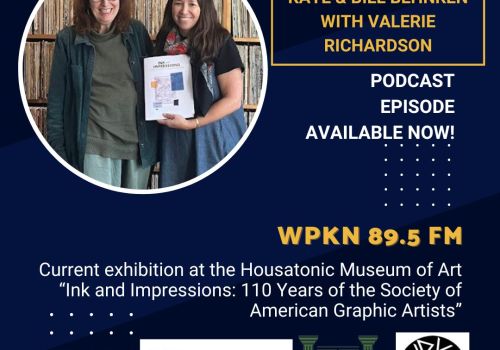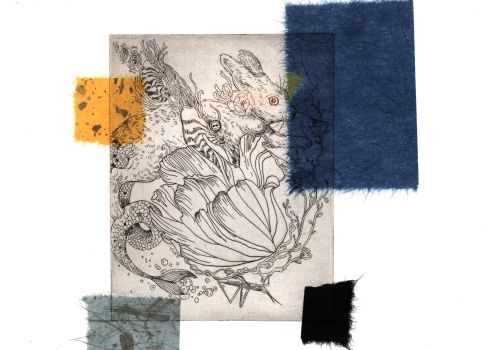
Telling Portraits
A portrait!
What could be more simple and more complex, more obvious and more profound. Charles Baudelaire
Telling Portraits
Portraits were once the exclusive province of monarchs and nobles, symbols of privilege and prosperity. With the development of the daguerreotype in 1839, working class people soon had a means of capturing their own likeness inexpensively and, by 1901, cameras like Kodak’s Brownie became so affordable, anyone could take pictures!
Andy Warhol, one of the most influential artists of the 20th century, comes closest to the notion of the valet de chambre or court painter. He, himself, was famous as a chronicler of the rich and famous, though his monumental paintings began as the humble Polaroids on view here. Similarly, photographer Hans Neleman records not only the likeness of his subject, but also the rich tradition of tattooing known as ta moko, a practice that signals one’s status within Maori society. In contrast, Sean Kernan’s subjects are kept separate and apart from society. Locked behind the walls of maximum security prisons, we are offered only fractured features reflected in a mirror, the very inverse of celebrity and rank.
Taking pictures of people as they move about their day, unaware they are being observed, is at the very heart of candid photography. Renowned street photographer, Henri Cartier-Bresson, conveys a bit of humor with his “portrait” of a small child laboring to carry a portrait as large as herself. Larry Silver takes unplanned photos of people and situations as well. As a little boy gazes off into the distance unaware of Silver’s presence, his puppy stares directly into the camera lens. With over one hundred Rolling Stone covers to his credit, the celebrated portrait photographer, Mark Seliger, caught this young girl contributing her teddy bear to one of the many memorials that materialized in New York City after 9/11. These photographs are not meant to document a particular person, but rather, to capture “decisive moments” as they unfold.
Material, motion and mood are employed by Robert Klein, Kenda North and Deborah Dancy to reveal, instead of a likeness, the personality of their subjects. A woman, fully clothed replete with red shoes, is seated at the bottom of a pool; another woman dances with her mother’s wedding dress while an “empty suit” leans against a lamp post. Sensitive and poetic or social and political, image by image, these photographs create portraits that both show and tell.
-
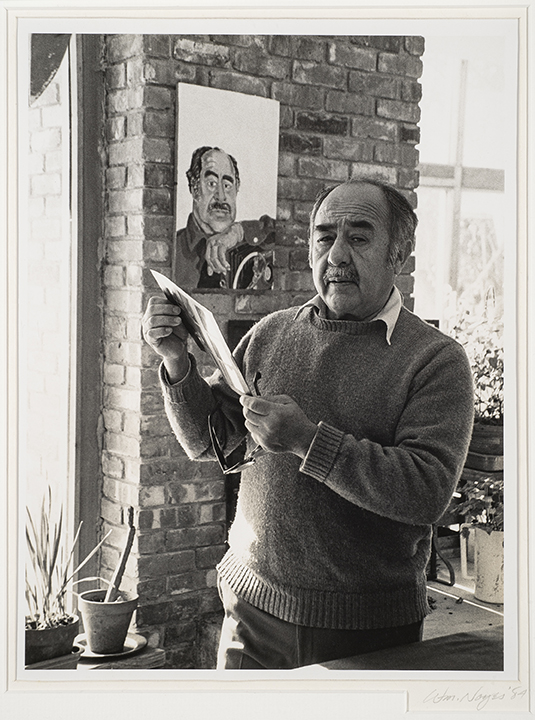
William Noyes
American, 1918
Pedro E. Guerrero, 1984
Gelatin silver printGift of the artist
1995.26.211.136
-
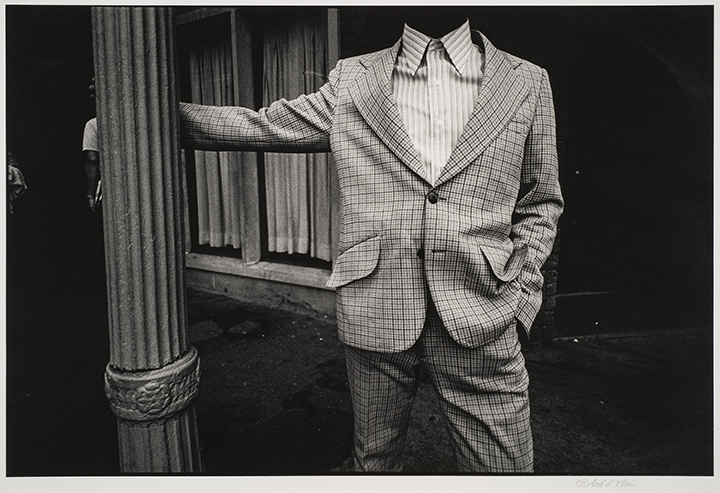
Robert Klein
American, 1952
Untitled, 1976-1978
Black and white photographGift of the artist
1985.19.07
-
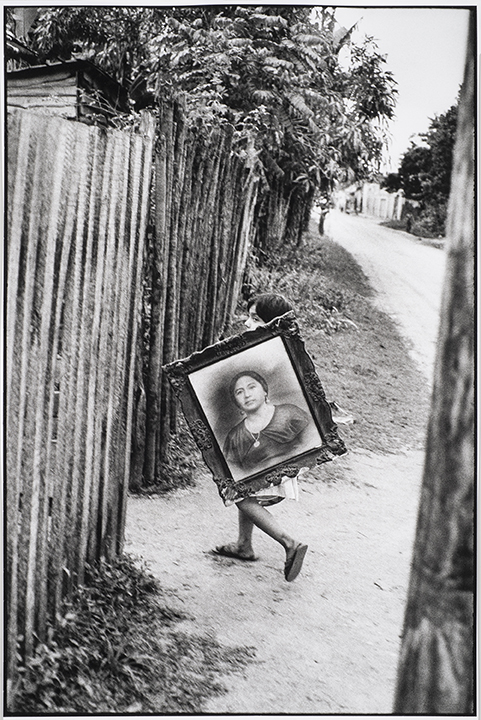
Henri Cartier-Bresson
French, 1908-2004
Gelatin silver print
Gift of the artist
1992.20.11.04
-
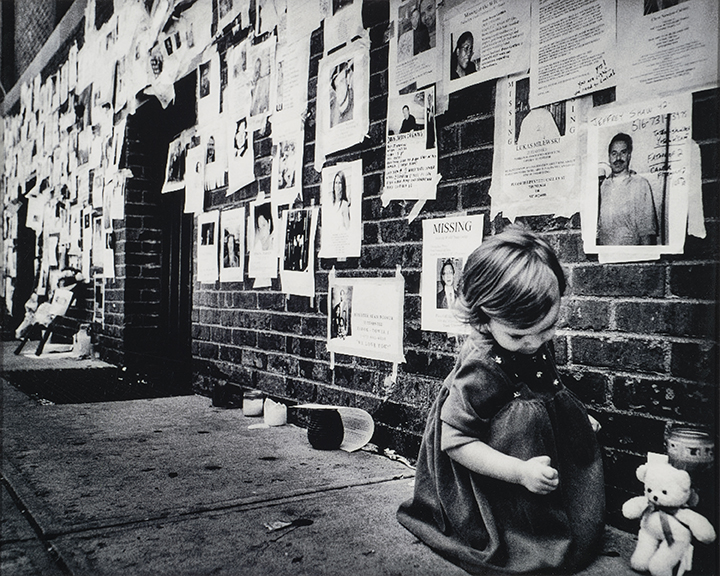
Mark Seliger
American, 1959
Untitled from “here is new york, 2001
Digital print on paperGift of Robert Thornton
2002.16.09
-
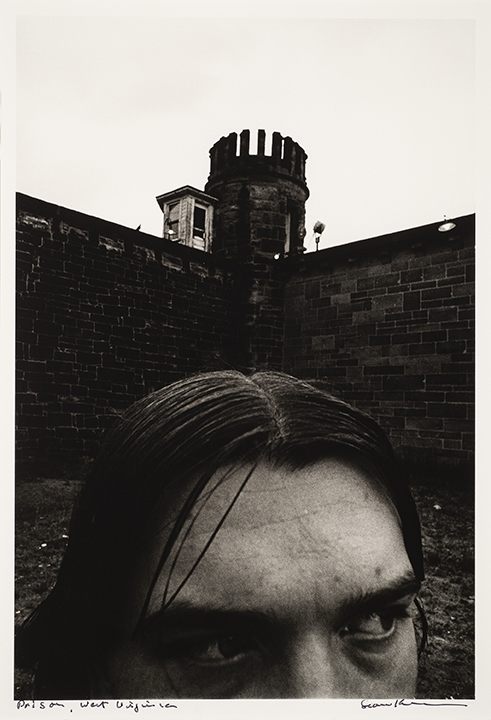
Sean Kernan
American, 1942
Prison, West Virginia, 1977-1979
from “Without, Mercy, Pardon or Parole Gelatin silver printPurchased with funds from Berkshire Taconic Community Foundation
2003.13.02
-
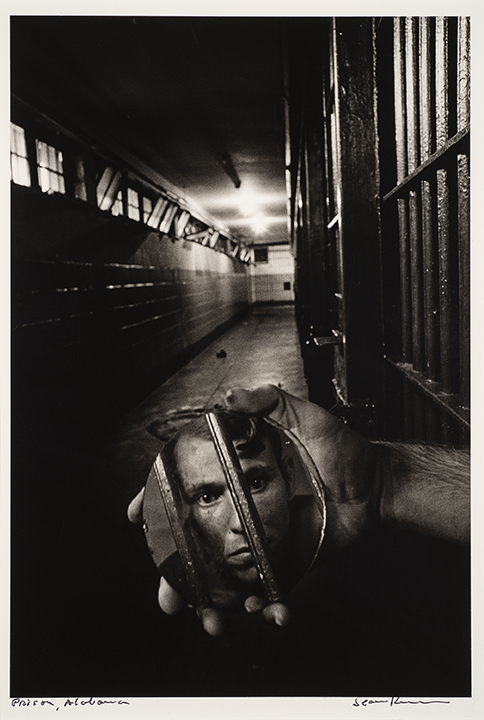
Sean Kernan
American, 1942
Prison, Alabama, 1977-1979
from “Without, Mercy, Pardon or Parole Gelatin silver printPurchased with funds from Berkshire Taconic Community Foundation
2003.13.02
-
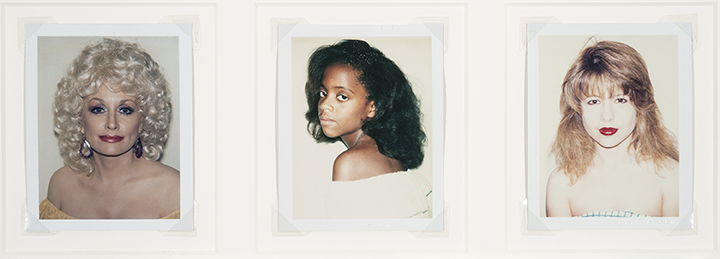
Andy Warhol
American, 1928-1987
Dolly Parton, 1985
Rhonda Ross, 1981
Pia Zadora, 1983
Polacolor ERGift of the Andy Warhol Foundation for the Visual Arts, Inc.
2009.05.17, 2009.05.25, 2009.05.26
-
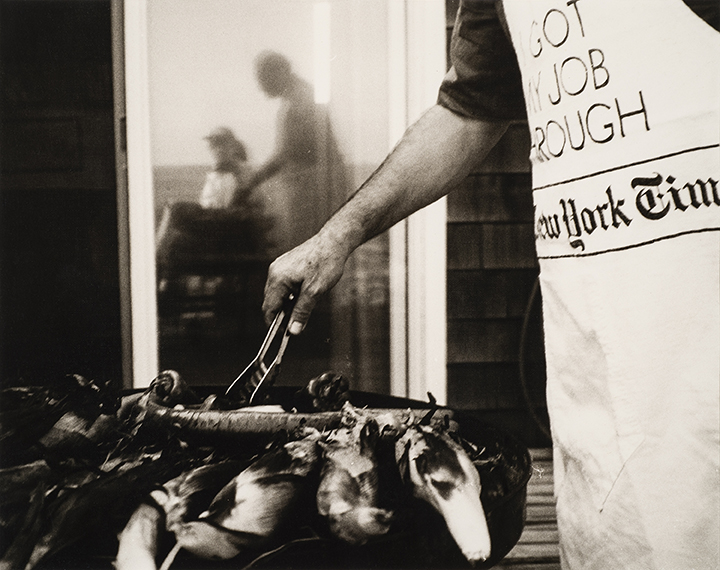
Andy Warhol
American, 1928-1987
Grilled Corn
Black and white photographGift of the Andy Warhol Foundation for the Visual Arts, Inc.
2009.05.115
-
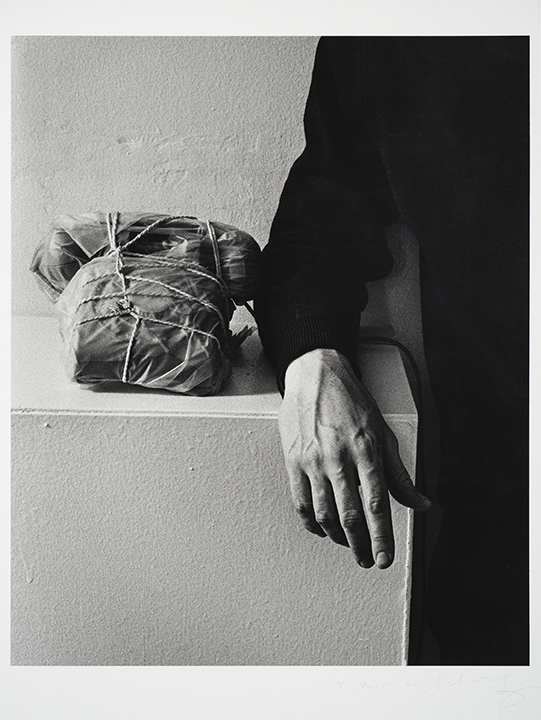
Marvin Schwartz
American
Christo with wrapped telephone, New York City, 1972
Selenium archival silver printGift of Mark Greenstein
2010.11.13
-
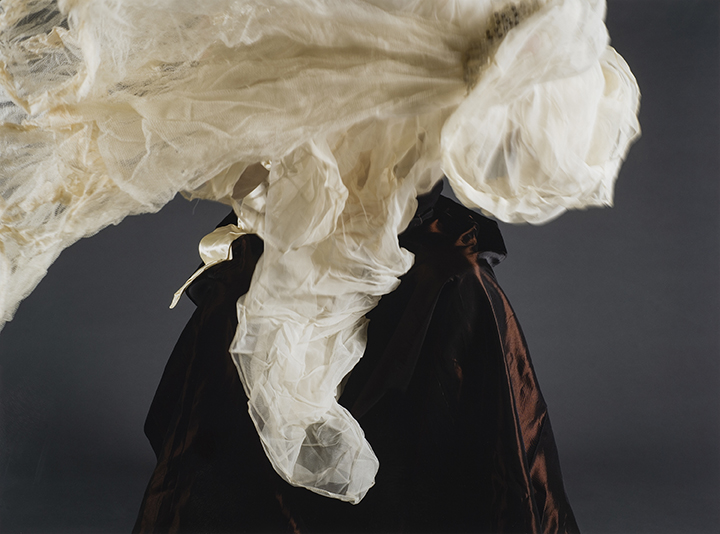
Deborah Dancy
American, 1949
Dancing with my Mother, 1/10 2010
Digital photograph2015.11.01
-
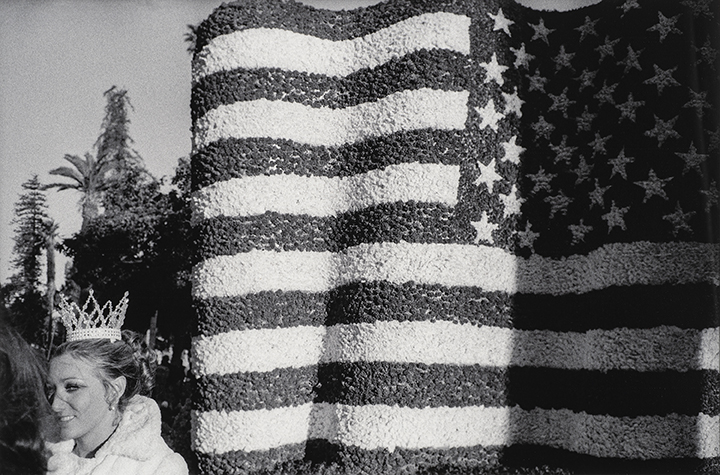
Robert Von Sternberg
American, 1939
Pasadena Rose Parade, 1971
Photograph, archival ink jet printGift of The Museum Project
2017.15.13
-
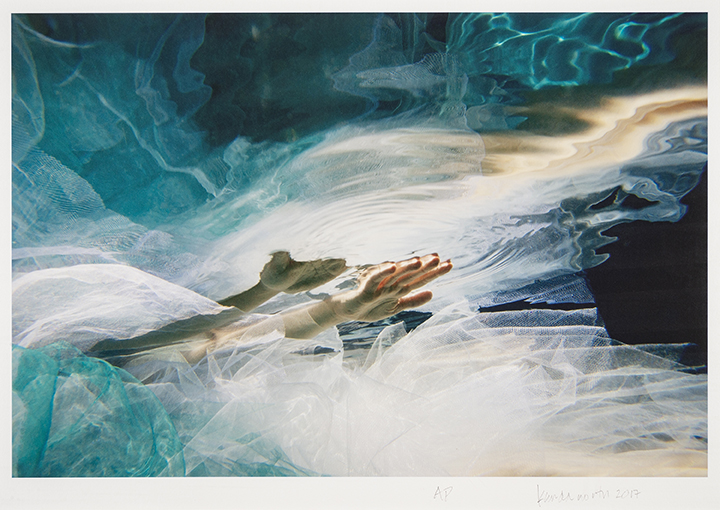
Kenda North
American, 1951
Bliss, 2017
from the Submerged seriesUltra chrome pigments printed on Hahnemule William Turner paper
Gift of The Museum Project
2017.15.43
-
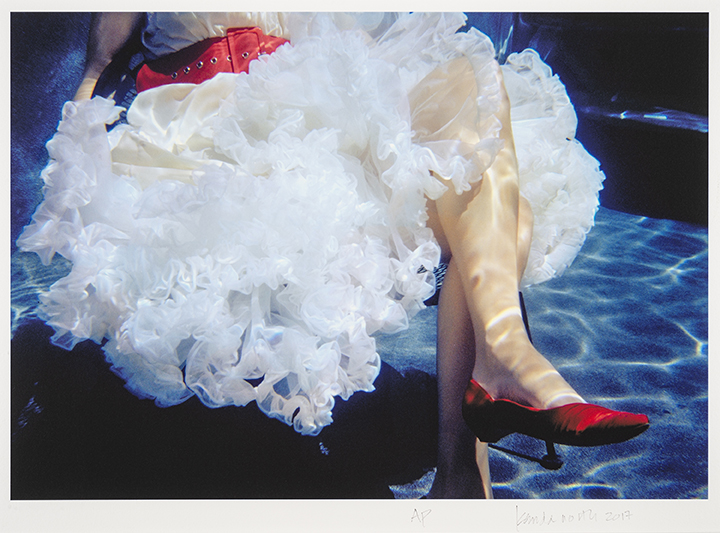
Kenda North
American, 1951
Red Shoes, 2009-2017
from the Urban Pools seriesUltra chrome pigment printed on Hahnemule William Turner paper
Gift of The Museum Project
2017.15.44
-
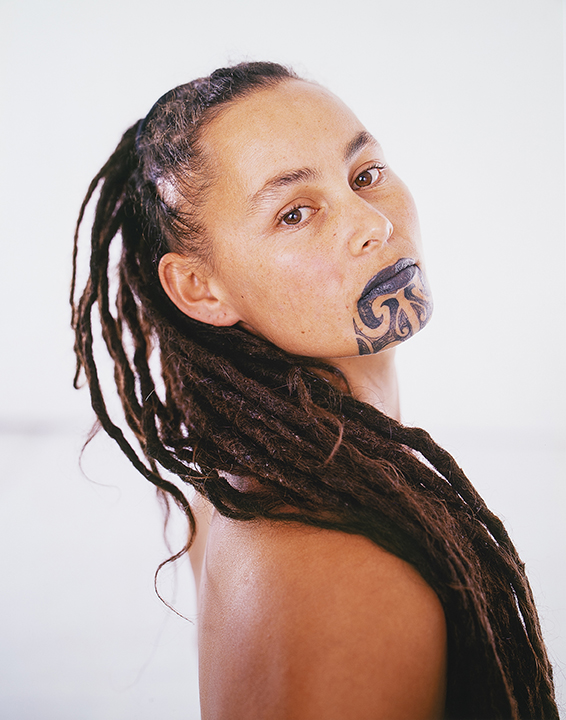
Photograph by Hans Neleman from the book Moko – Maori Tattoo
Lauren (Piata) Heenan
Iwi: Father’s side,Ngati Kahungunu. Mother’s side, Ngai te Rangi
“My moko is the moko of a student, the moko of a woman proud to be a wahine”
2018.04.03
-
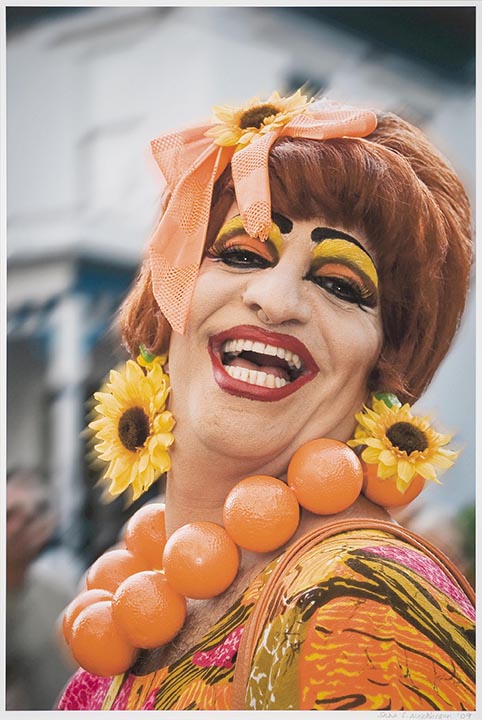
Sara Augenbraun
American, 1953
Untitled (from the series Carnival)
Color photograph
On loan from Robbin Zella
L2018.02.01
-
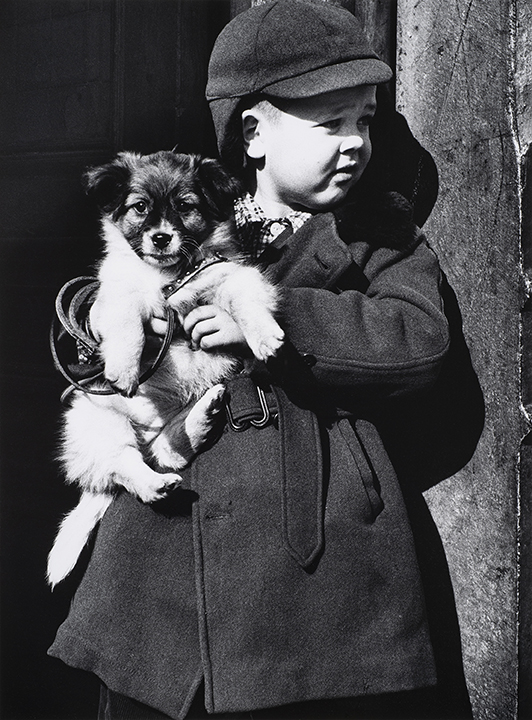
Larry Silver
Child with Puppy, 1950
Gelatin silver print
1984_10_02
-
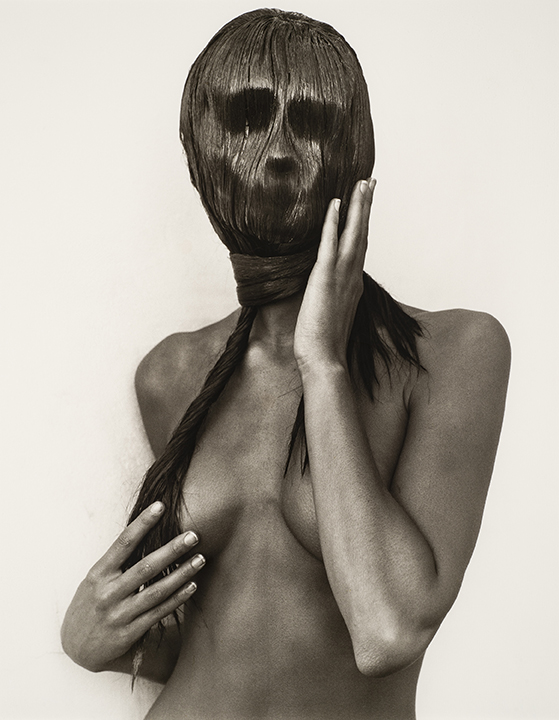
Herb Ritts
Mask, Hollywood, 1989
Gelatin silver print
1996_05_43_17
-
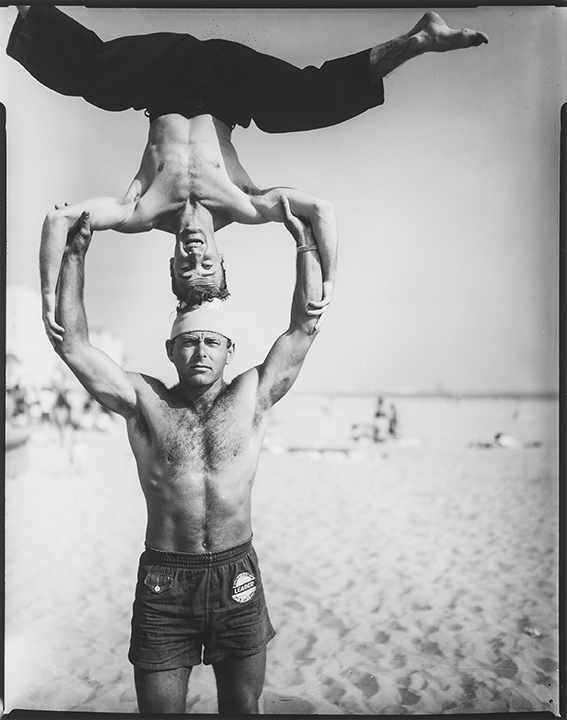
Larry Silver
Headstand, Muscle Beach, Santa Monica, CA, 1954,
Silver gelatin print
2016_03_02
-
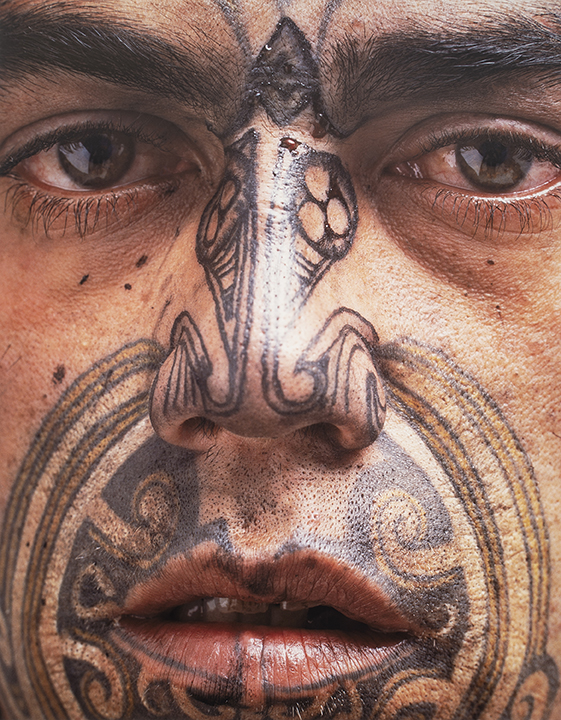
Photograph by Hans Neleman from the book Moko – Maori Tattoo
Whare
Iwi: Ngai te Rangi, Ngai Tuhoe
2018_04_04

